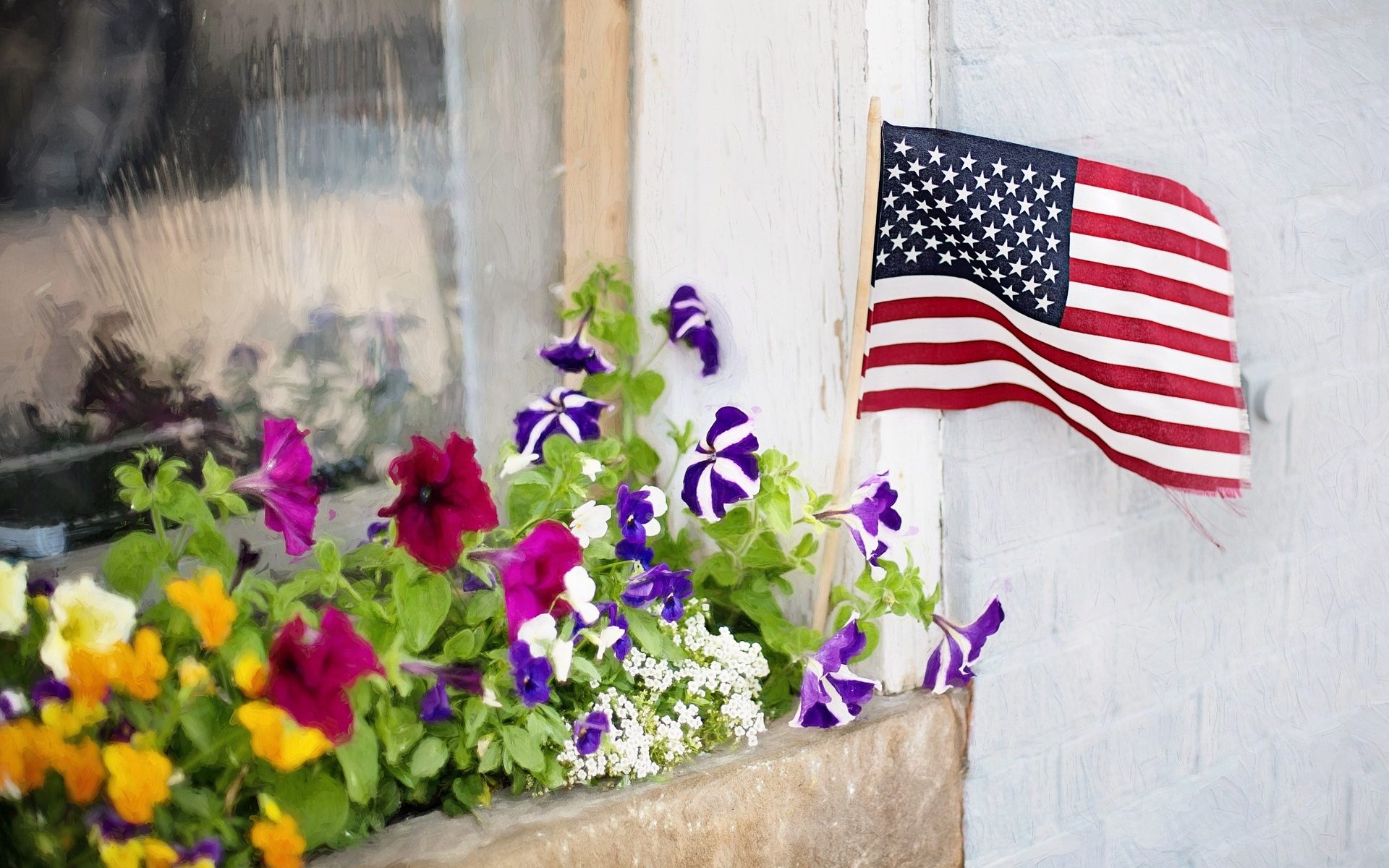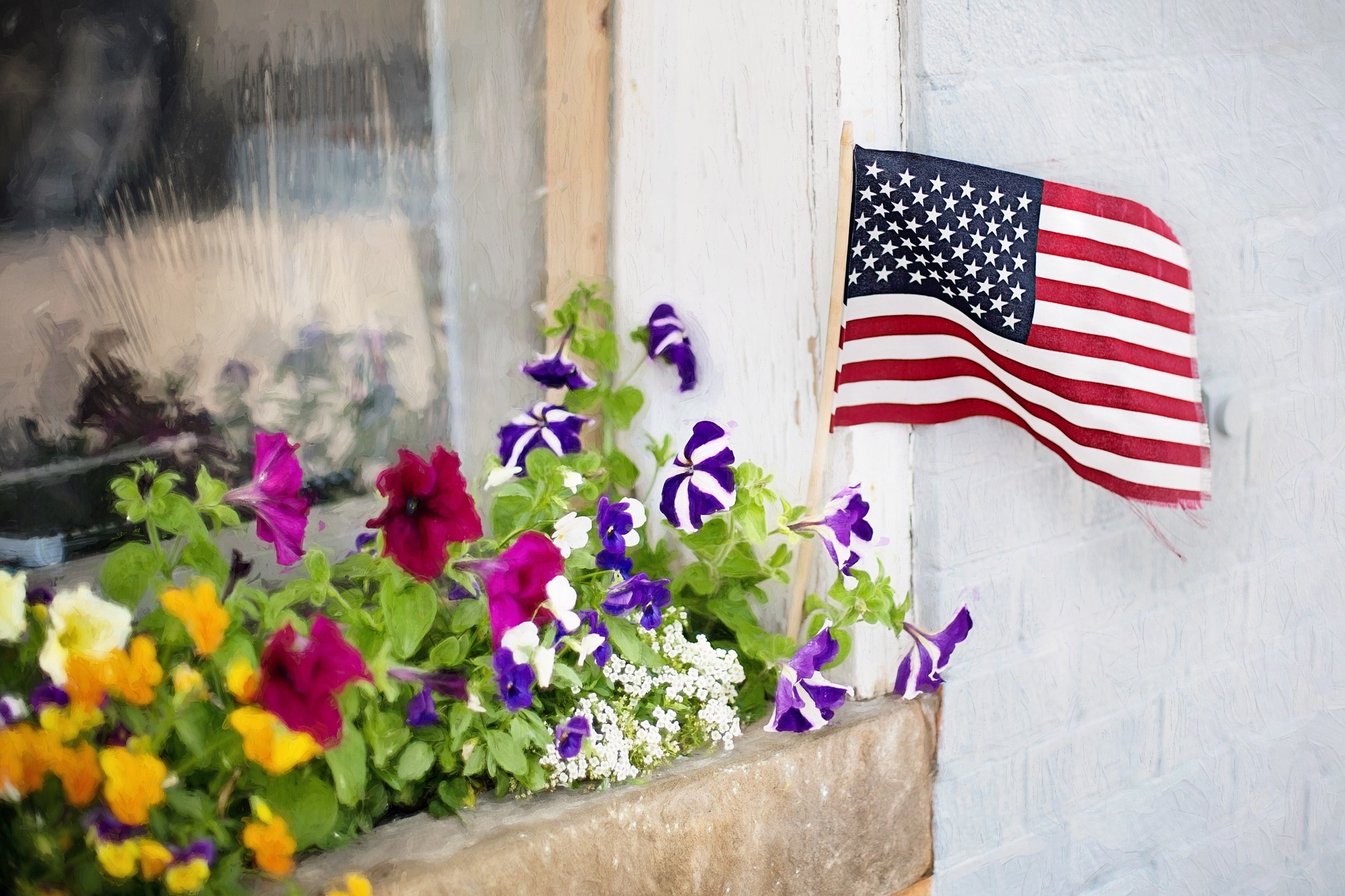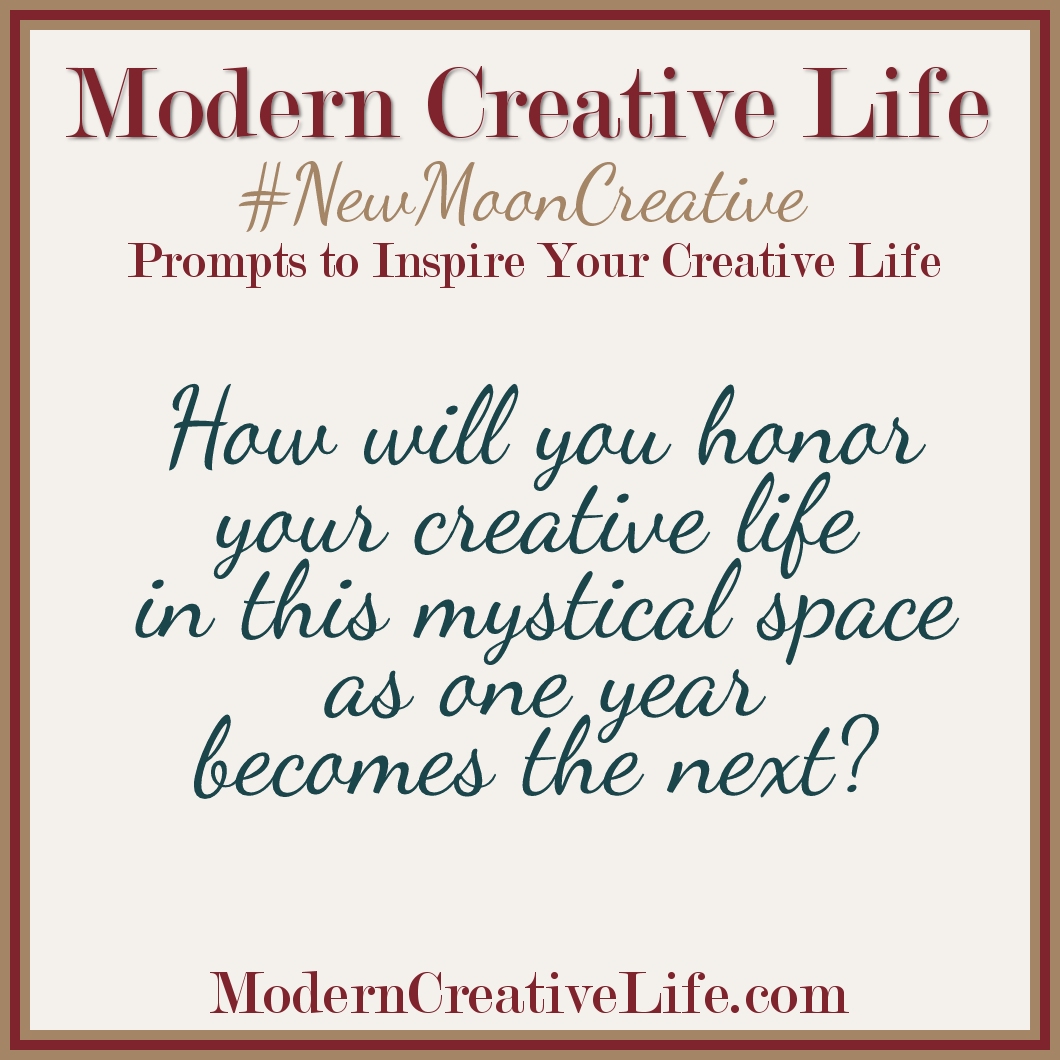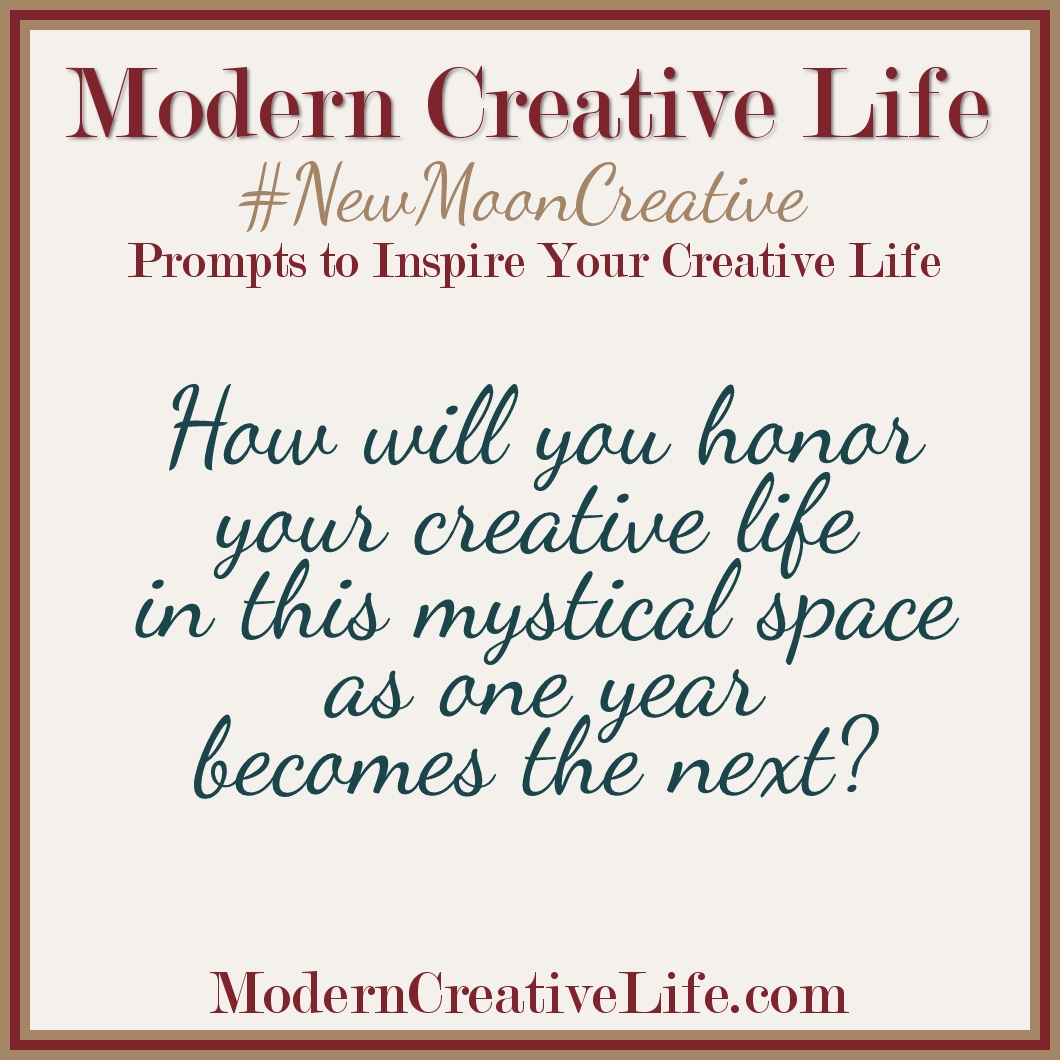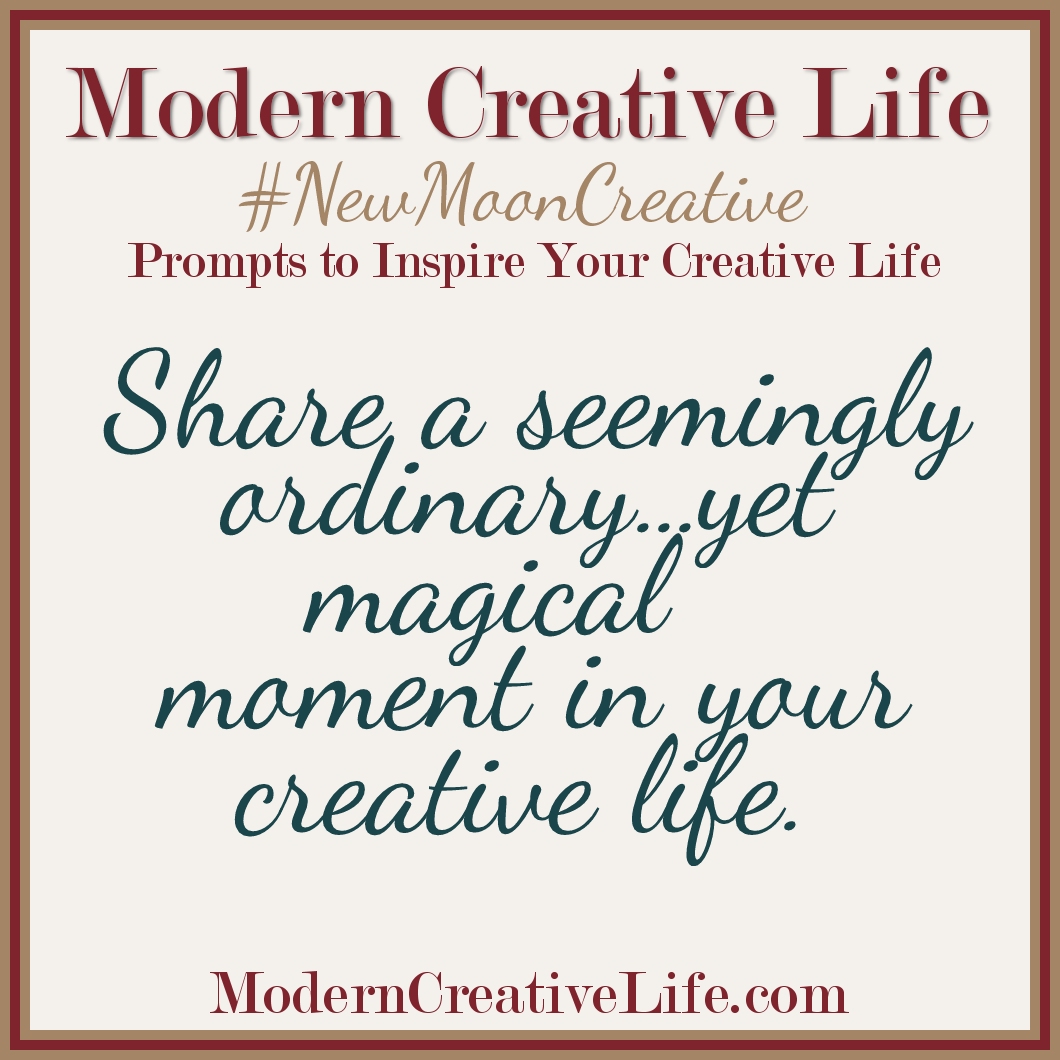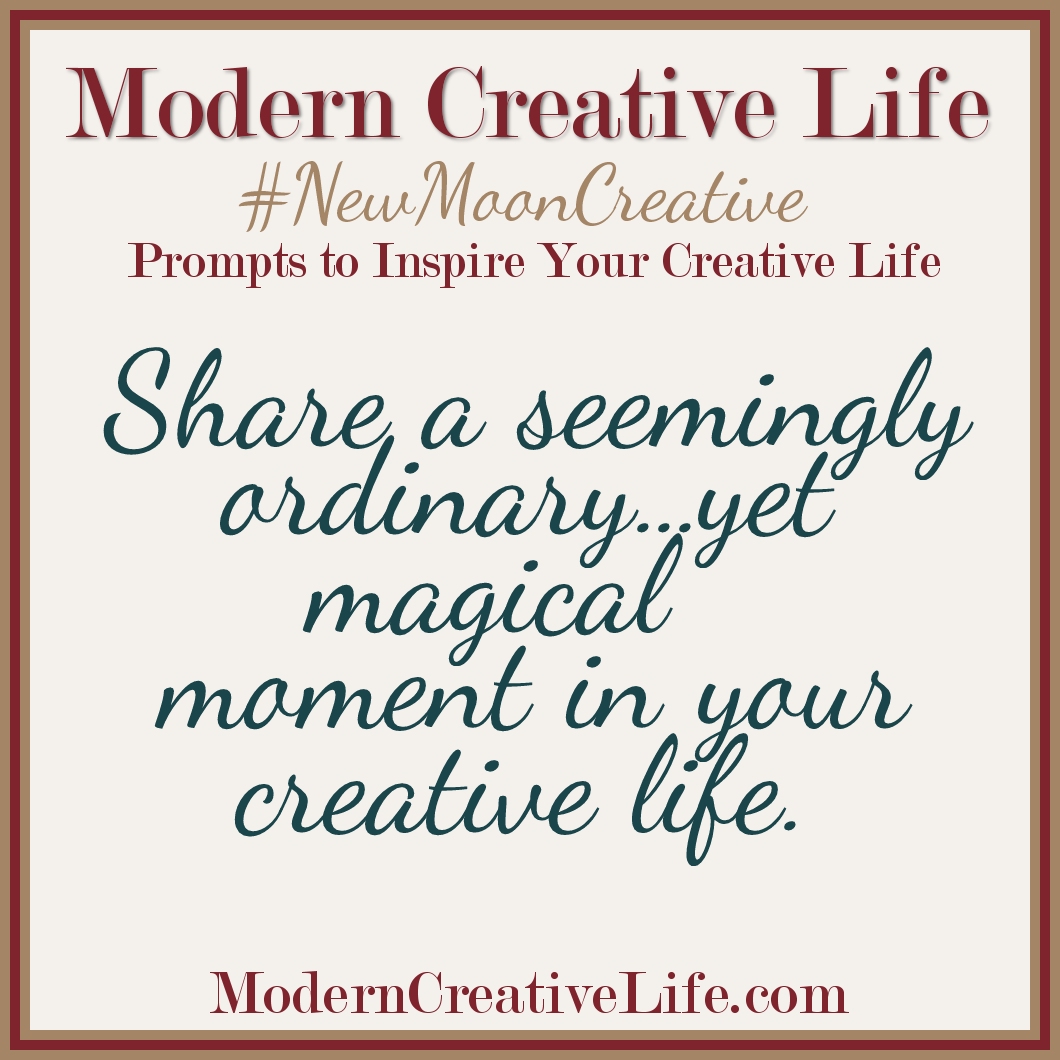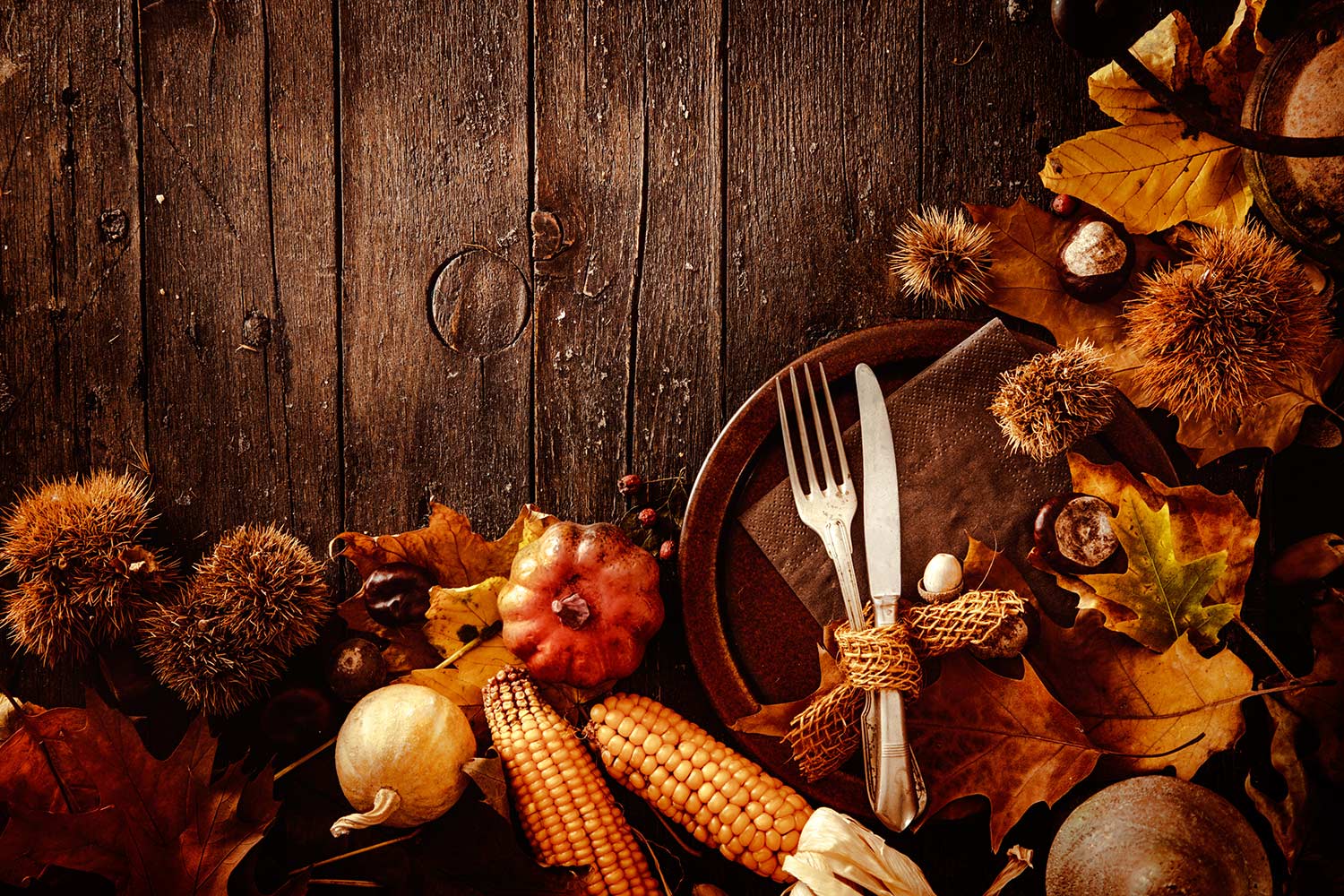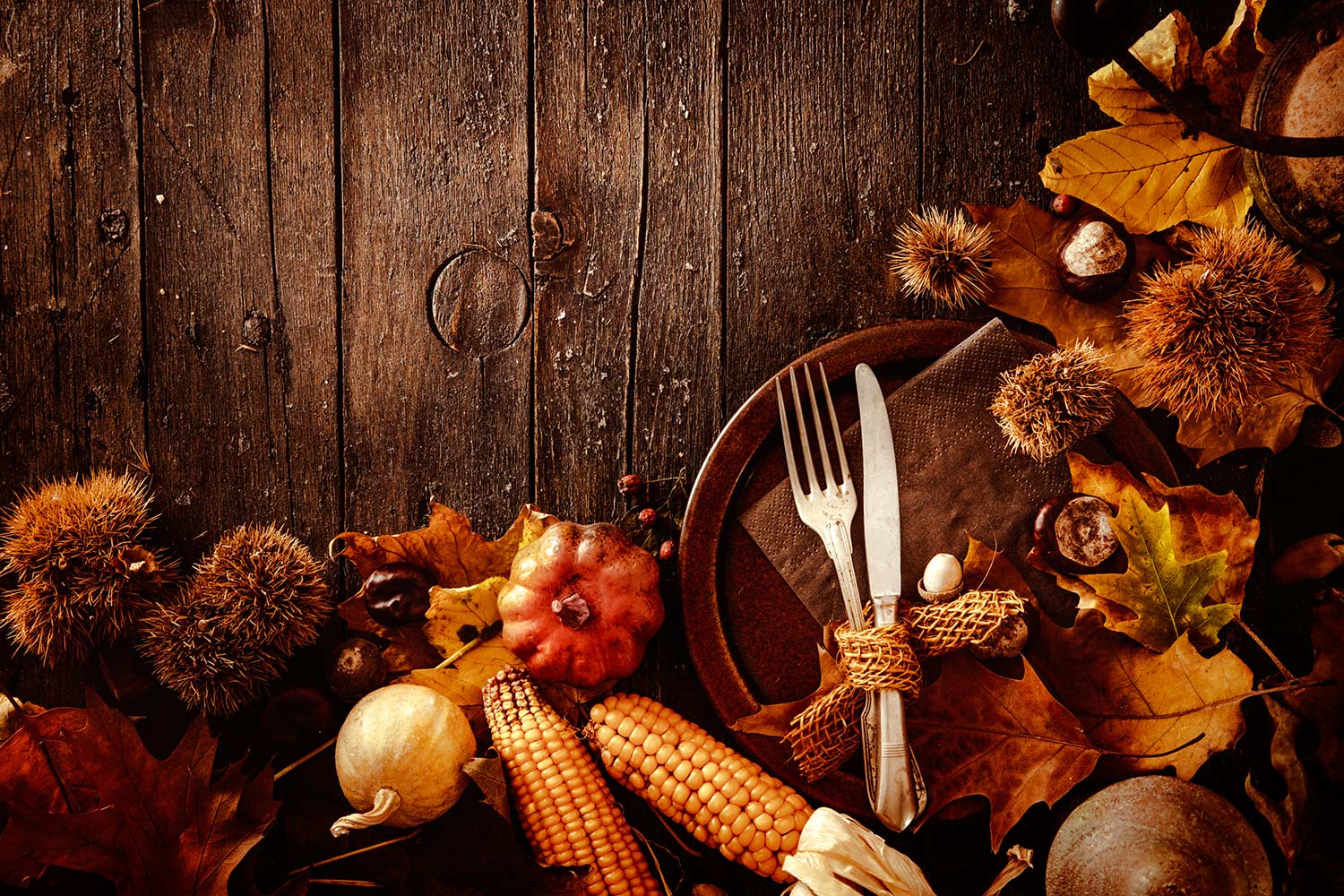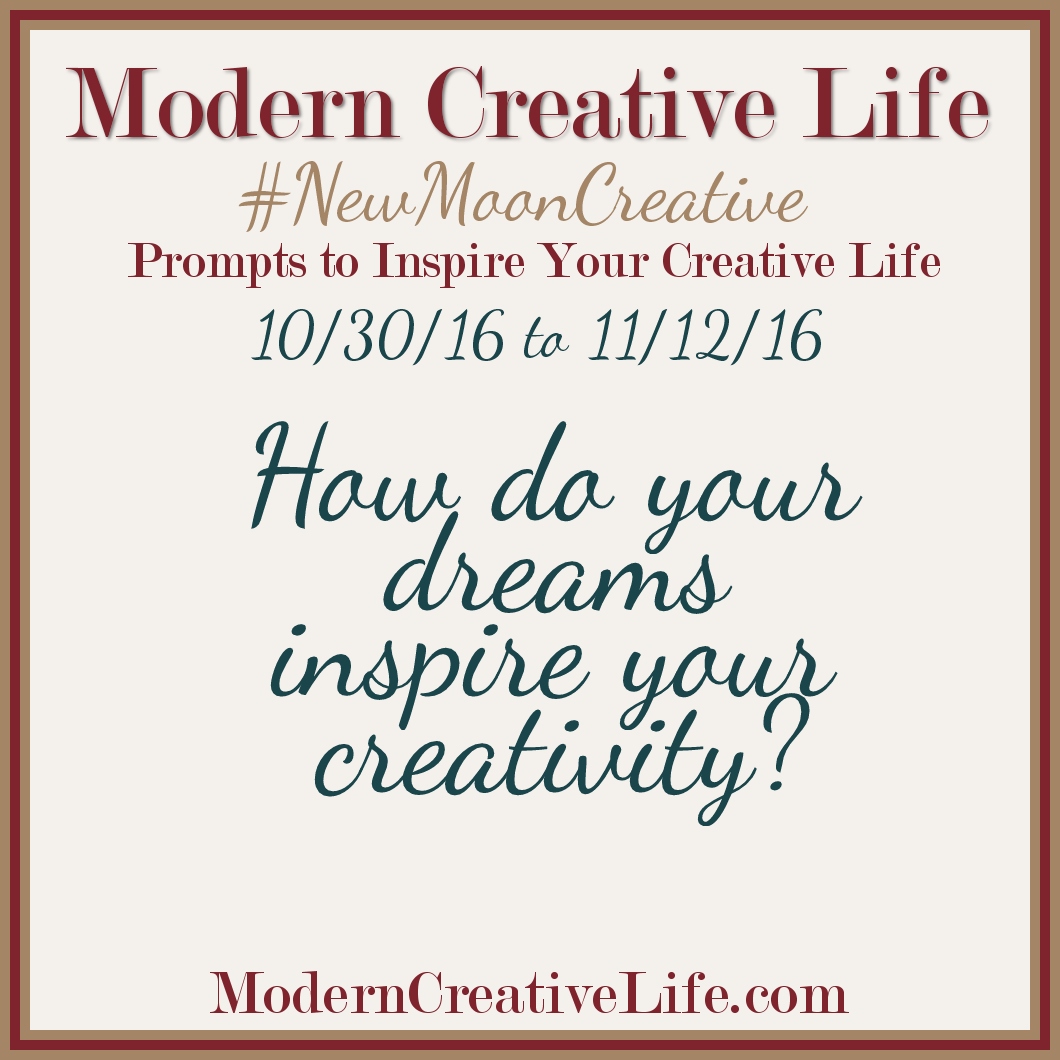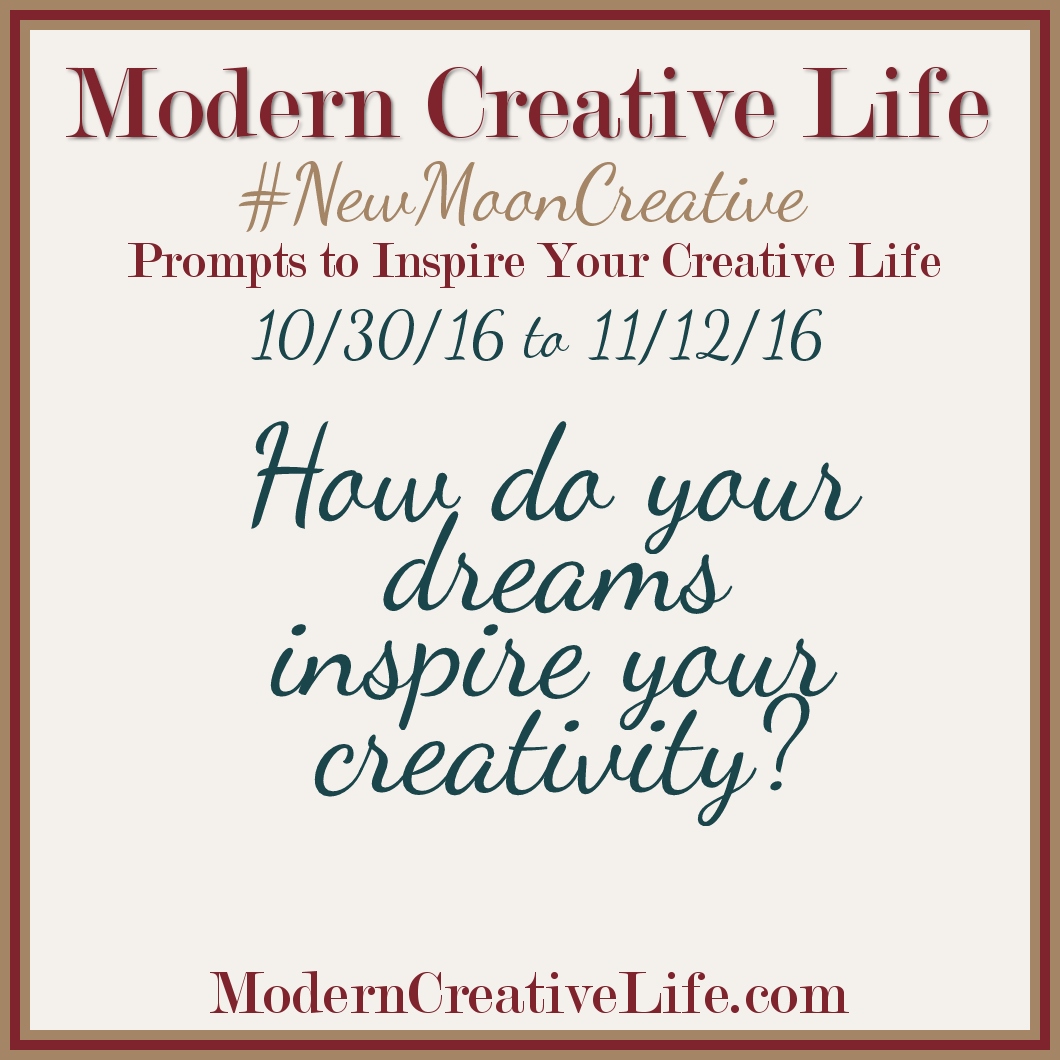
I have to confess: there’s nothing I love more than a great mystery wrapped up in the world of a favorite author. So, when I read Sue Hallogarth’s mix of Historical Fiction with Mystery in her book Death Comes, I was hooked. Once I saw it in black and white, who couldn’t imagine Pulitzer Prize Winning Author Willa Cather being a great amateur detective?
I wanted to know more about bringing a real person to life in fiction…and the woman behind it. Here’s a “sit down” with Editor in Chief Debra Smouse and author Sue Hallgarth.
We call this series Conversations Over Coffee because it’s the things I’d ask you if we were sitting across the table from each other over a casual cup of coffee….. so, let’s set the stage: where would you suggest we meet near your current home….and what is your go-to beverage 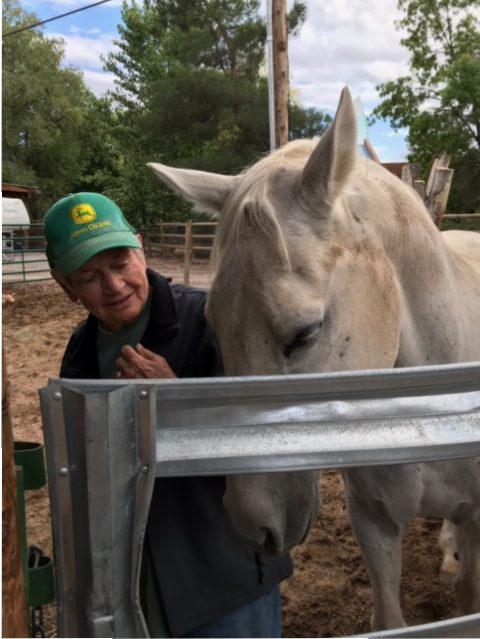 and/or snack were we to meet?
and/or snack were we to meet?
Where and what would I order?
My favorite coffee shop is Satellite Coffee on Alameda Boulevard, part of a local chain near our home in Corrales, NM. My drink of choice: white chocolate mocha latte.
For those not familiar with my work, information about my Willa Cather and Edith Lewis series.
My Willa Cather and Edith Lewis series consists of entertaining mysteries that give readers a glimpse into the life and work of Willa Cather, the Pulitzer Prize-winning novelist, and Edith Lewis, her talented life partner.
In the first one, On the Rocks, set in 1926, Willa and Edith are staying in the cottage they built as part of a women’s summer colony on Grand Manan Island in the Bay of Fundy in New Brunswick, Canada, where Willa is writing Shadows on the Rock. In the second, Death Comes, set in 1929, Willa and Edith are in Taos, New Mexico staying with Mabel Dodge Luhan while Willa works on Death Comes for the Archbishop.
Both mysteries are located in places where Willa and Edith actually stayed and feature people they really knew. And in both, Willa and Edith help to solve fictional murders. 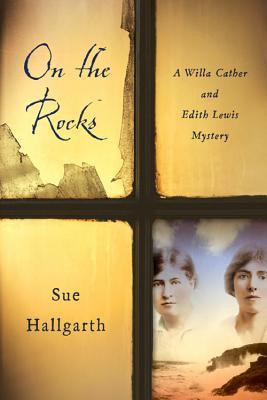 Since Willa and Edith did a great deal of traveling, the possibilities for additional mysteries in the series are many.
Since Willa and Edith did a great deal of traveling, the possibilities for additional mysteries in the series are many.
Where did the plot ideas come from for Death Comes?
Willa and Edith return for a visit to Mabel Dodge Luhan’s pink adobe in Taos, New Mexico. Luhan is well known for surrounding herself with writers and artists, and several are there at the time. Willa is working on Death Comes for the Archbishop, Edith is sketching Taos Pueblo and hoping for a visit to the nearby D.H. Lawrence ranch, which Luhan originally traded for the manuscript of Sons and Lovers.
The previous summer Edith and Willa had stumbled onto a women’s body. Now the headless bodies of two more Mexican women add to the mystery. The authorities seem only mildly interested, so Willa and Edith take it upon themselves to encourage action, which takes place in Taos and at the D.H. Lawrence ranch, twenty miles away.
When I started Death Comes, I was certain of the locations and characters based on actual people, but I had no idea of the plot or what was behind the crimes. The characters took care of that. Each day I sat down to write I would think through them—what would they say, do, see, think; who needs to be where doing what; who do I need 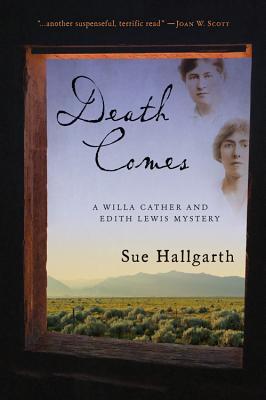 to invent?
to invent?
I just followed through and enjoyed the writing.
What piqued my interest in Willa Cather and stoked my passion about her as a human being and a writer?
I first got interested in Willa Cather in 1983 when I attended a week-long Willa Cather International Seminar in Hastings and Red Cloud, Nebraska.
That particular seminar happened when I had a small research grant to examine primary materials at archives and pioneer sites in the Plains states for a project on pioneer women in fact and fiction. It was a difficult project. No one had yet thought to catalog archival papers under the names of females, only under their husbands’ or family names.
I also read a lot of fiction about women on the frontier (very few women’s diaries had then been published), I did a lot of driving to locate archives, and I spent a great deal of time searching through archival papers to find diaries and records by women. The Cather seminar seemed like a godsend: here my research would have already been done by others and several hundred people would have collected to talk about it.
The seminar was great fun, and like a good academic, I prepared by reading all of Cather’s novels and the suggested criticism. By the time it started, I knew Cather and loved her. Seminar leaders took us to see Cather’s childhood home and showed us all the relevant sites around Red Cloud where Cather grew up and held fascinating discussions about the assigned critical and biographical material. But something was missing: the Willa Cather I “knew.”
These were the days of pre-feminism and homophobia among Cather scholars and biographers.
Cather herself had forbidden publication of her letters so those that were available could only be read (and not quoted) in research archives. Several letters were actually housed on microfilm in Red Cloud, but when I read them, I found only one letter from Cather to her partner of forty years, Edith Lewis. And that letter had lines oddly distorted and rendered undecipherable. Edith Lewis was also omitted from discussions about Cather or represented dismissively as her secretary or “companion,” never as the editor and advertising professional she actually was. The only evidence of their relationship available then was Edith Lewis’ memoir, Willa Cather Living, and that was dismissed as much less reliable than another memoir by Elizabeth Shepley Sergeant, a journalist and former friend Cather had not seen in years.
So here was a mystery: who was the real Willa Cather? What was her relationship with others, especially with Edith Lewis? And how should we understand her fiction? I began to find the answers by doing research and crafting papers on Cather’s novels to present at professional 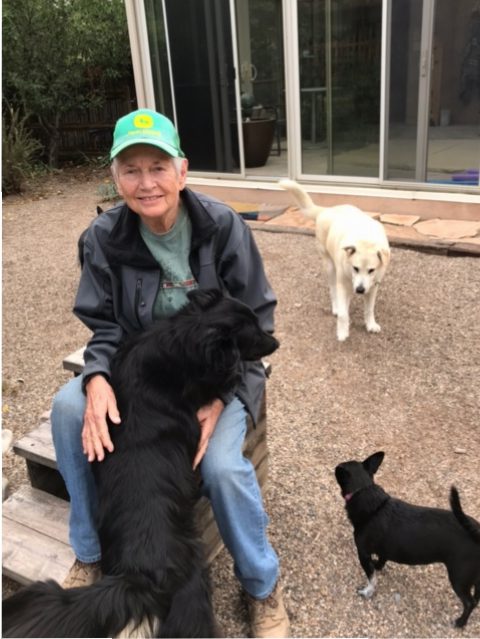 meetings.
meetings.
But once I was convinced of her actual relationship with Lewis, I realized I needed to do a biography of Cather before I wrote another word. That started a ten-year project, reading everything Cather wrote, including her letters located in archives across the United States. I found she was exactly the person I “knew” back in 1983.
By 1987 Sharon O’Brien had officially “revealed” that Cather was a lesbian, but for O’Brien and other biographers, Lewis was still Cather’s secretary or “companion.” Cather, one biographer claimed, was “too dedicated to her art” to have time for any of “that.”
There was more work to do. I continued to do research and in the 1990s discovered that for twenty years Cather and Lewis had been part of a women’s summer colony on Grand Manan in New Brunswick, Canada. But academic journals and even feminist scholars shunned my articles because I questioned (indeed challenged) O’Brien’s analysis that Cather herself was homophobic and as a result became reclusive and depressed. Their rejections led me to write my first piece of fiction, a mystery about Cather and Lewis on Grand Manan titled On the Rocks.
Then I left academia, started another line of work, moved to New Mexico, and put On the Rocks on the shelf. It stayed on the shelf for twenty years until I joined a writers’ group and found that I had an interesting manuscript in a changed world, so changed that even The New Yorker now has acknowledged Cather’s greatness as a writer and celebrated her partnership with Lewis (see most recently the wonderful article “A Walk in Willa Cather’s Prairie” by Alex Ross, October 2, 2017).
How did I decide to use Willa Cather as a character in not just historical fiction, but a mystery series?
For me the question was how to interest readers, not just academic scholars, in what I had to say about Willa Cather. I could have tried historical fiction, but I wanted a “hook.”
It so happened that I was standing front of the real Cather/Lewis Cottage at Whale Cove Cottages on the island of Grand Manan, New Brunswick, Canada, when it occurred to me that someone might easily fall off a nearby two-hundred foot cliff into the Bay of Fundy. In my mind’s eye, I saw a body plunge over the edge and plummet into the rocks below. That image determined Cather and Lewis would become my fictional sleuths.
How do I blend my fictional world with characters based on real people, and how do l stick to facts and blend my own creation in with it?
I start with facts and real people, then ask “What if?” I already know a great deal about the facts, the people, and the places, so my answers to 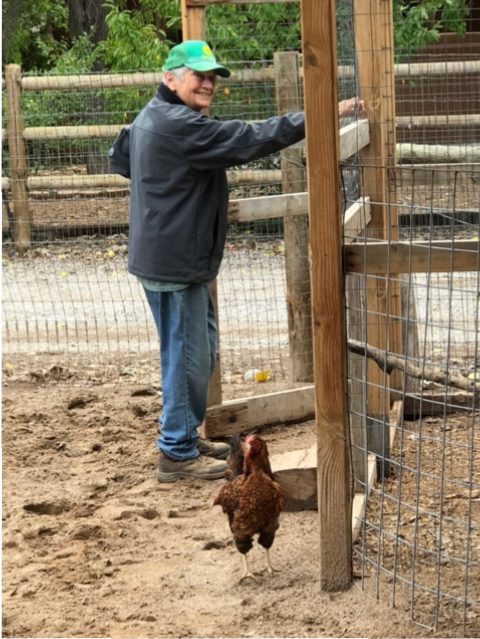 “What if ” take care of my own creation.
“What if ” take care of my own creation.
There continues to be speculation and denial about Cather’s personal life and sexual orientation. What is my take on her life and why folks are still so curious about what goes on behind closed doors?
Cather was a professional writer. She and Edith Lewis were career women at a time when concepts about the “New Woman” made it possible for them to have careers but not for them to be unmarried women sharing a household if that also meant sharing a bed. They did what they could to earn their living and to be respectable, successful, and respected.
These things—earning a living and being respectable—did not always go together. But for them, they did. It was not easy, but they “closed their doors,” and while their closed doors may have invited curiosity, they revealed nothing.
Closed doors always invite curiosity.
When did I first know I was a writer?
I’ve always written off and on—poetry, academic papers, a few stabs at short stories—but I began to think I might be a writer of fiction when I wrote On the Rocks.
How do I manage the balance of real life and creative work?
Not well or I’d have written more and sooner. I have a full life and a good one. I’ve had several “careers,” which means I’m right in step with my time. These days everyone should expect to have at least three “careers,” not just jobs but actual careers. I live in Corrales, a beautiful New Mexico village near Albuquerque, where I participate as much as I can in community affairs, and I am happily married (my wife and I have been together thirty years now) and take care of our five dogs, two horses, miniature donkey, and ten chickens. When I can, I slip away 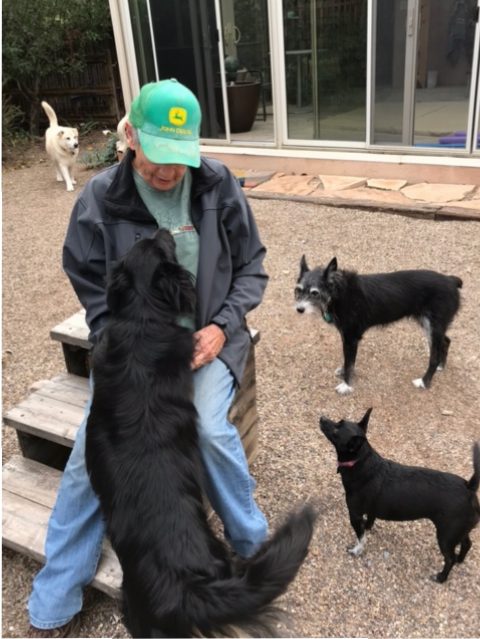 into my other world and write.
into my other world and write.
A typical day in our household?
I get up and feed the dogs and barnyard animals, then I sit in my lounge chair, read the news, snooze, and sometimes think about what I will write. Then I do more chores and sometimes write. By six p.m. I’m interested in dinner and a little television—Rachel Maddow and something after that that I don’t have to think about—then bed. Not very interesting, perhaps, but then I’m retired. Sort of. The only important variation these days happens when we take off in our Roadtrek camper van. Even then I find I can write when the story is ready. Otherwise the scenery is always lovely.
What do I wish I knew at 30 that I know now?
To relax. At fifty, I realized I didn’t have to live my life by other people’s expectations. Since then I have confirmed the truth in that. Freedom is wonderful. You can do all kinds of things you didn’t know you could do, even write a novel.
What advice have I for other writers and creative souls?
For writers, always be curious and read. Read everything. Learn all you can. And write. Write as much as you can and don’t be afraid to show other writers your work. Then pay attention to what they say. Pick your readers well. Don’t do everything they tell you to do, but pay close attention. The same goes for all creative souls. Learn all you can from those doing what you want to do, then do it, do it as well as you can, and keep doing it.
About the Interviewee
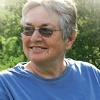 Sue Hallgarth is former English professor. She has written scholarly articles on Willa Cather and Edith Lewis, and this is her second book of fiction featuring the two of them. Her first book in the series On The Rocks, set in 1929 on the island of Grand Manan in New Brunswick, Canada. She lives in Corrales, New Mexico.
Sue Hallgarth is former English professor. She has written scholarly articles on Willa Cather and Edith Lewis, and this is her second book of fiction featuring the two of them. Her first book in the series On The Rocks, set in 1929 on the island of Grand Manan in New Brunswick, Canada. She lives in Corrales, New Mexico.
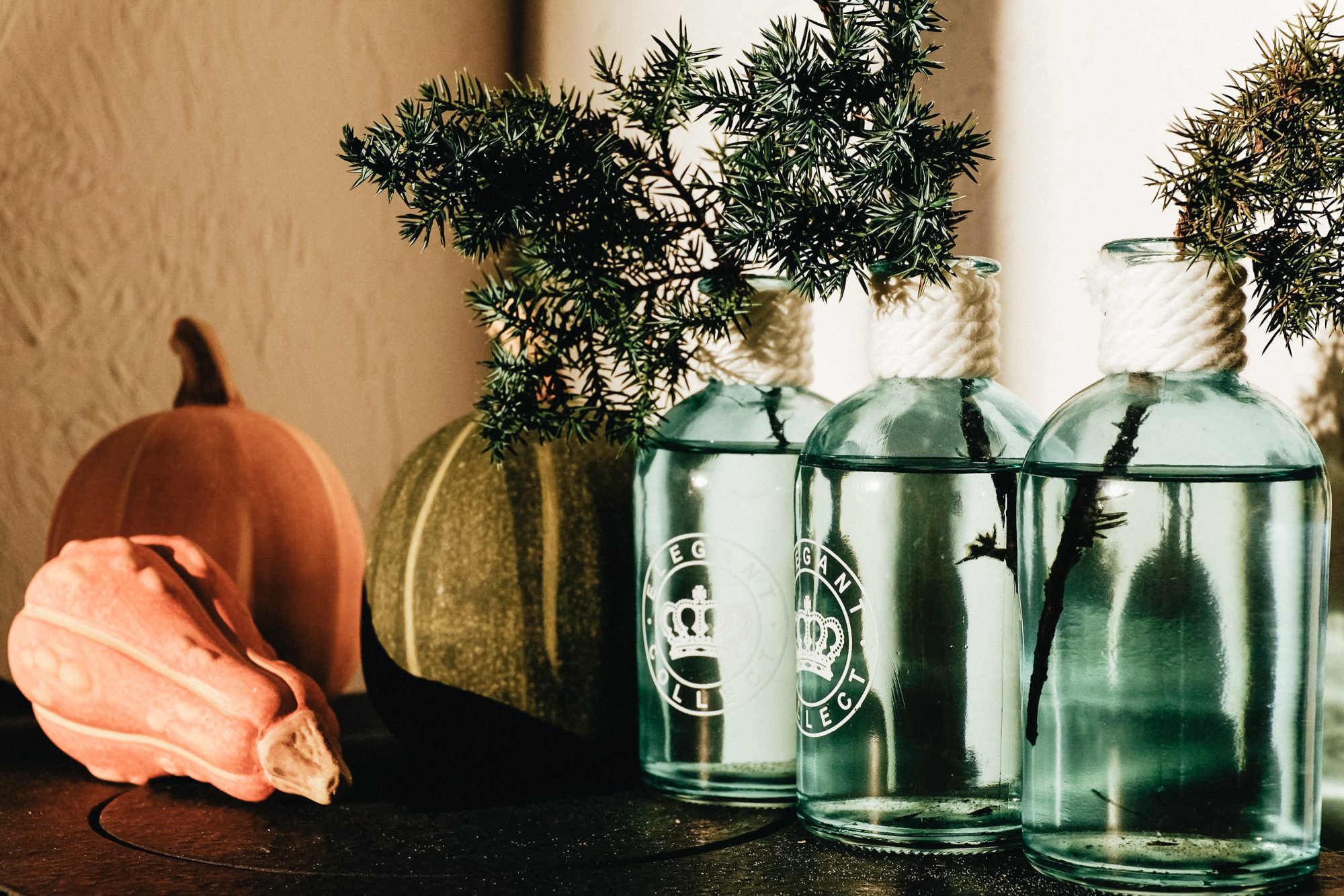


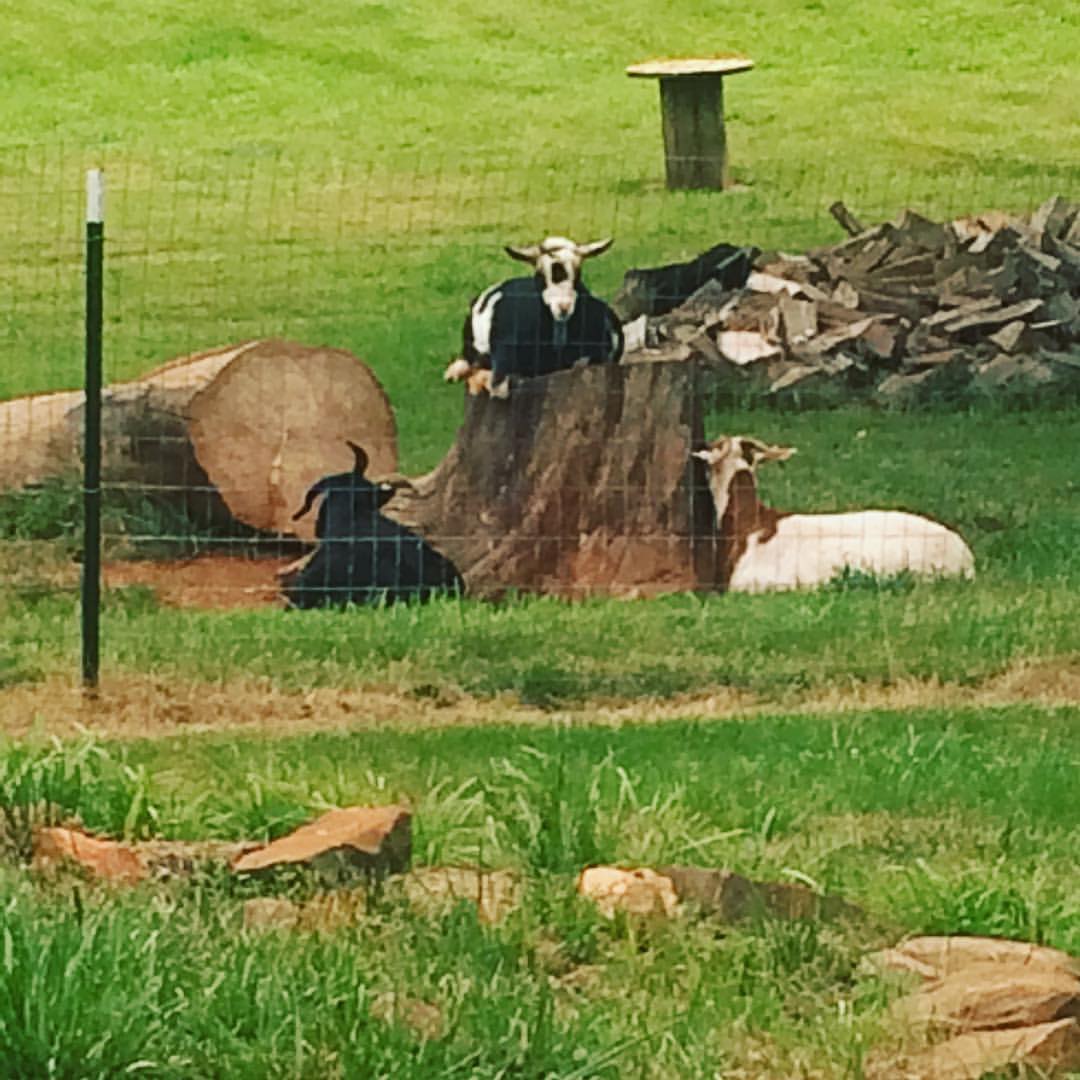
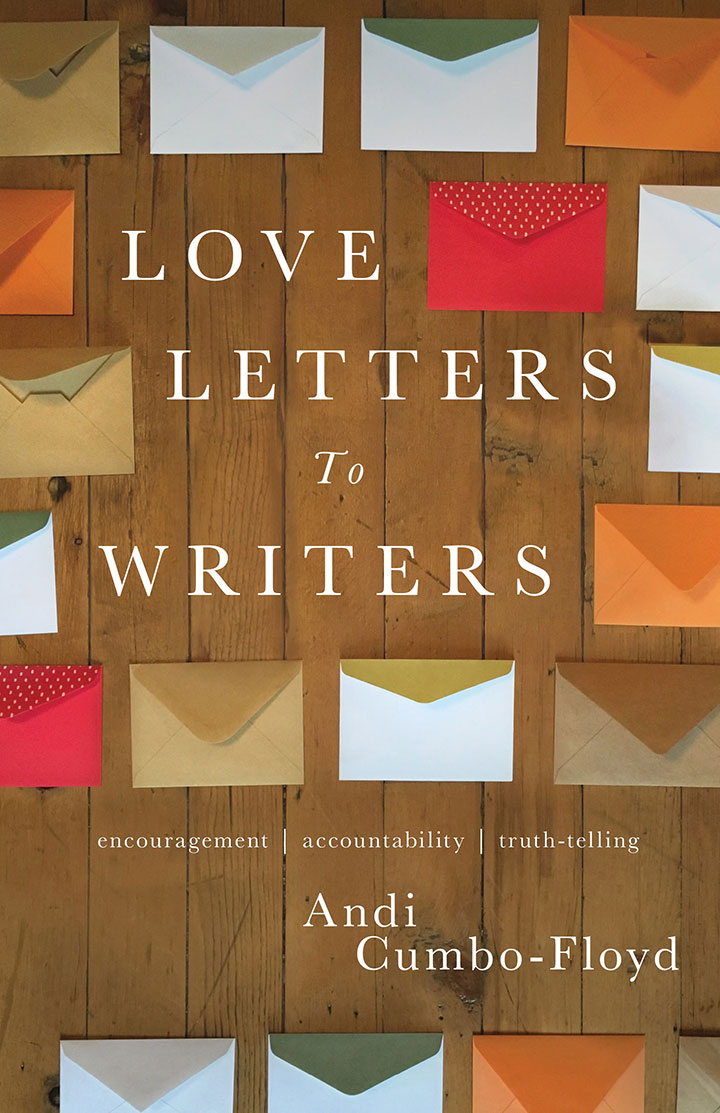 cup of chamomile tea and some shortbread, and of course, I’ll have enough to share.
cup of chamomile tea and some shortbread, and of course, I’ll have enough to share.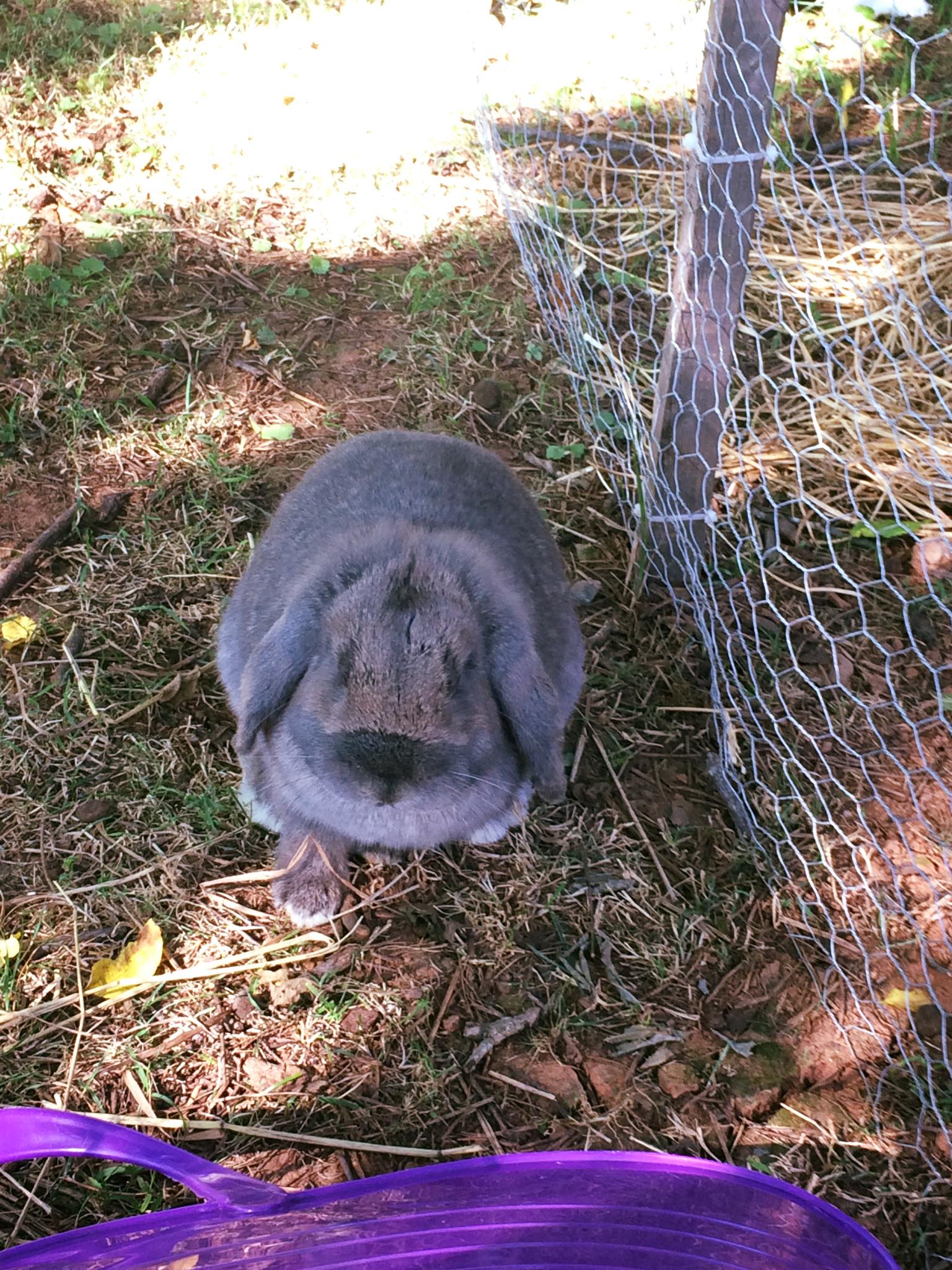 underrepresented by publishers and publications or about the way racism lives in the city I know best, Charlottesville, Virginia, I want to always be trying to show people truth in a way that they can see it.
underrepresented by publishers and publications or about the way racism lives in the city I know best, Charlottesville, Virginia, I want to always be trying to show people truth in a way that they can see it.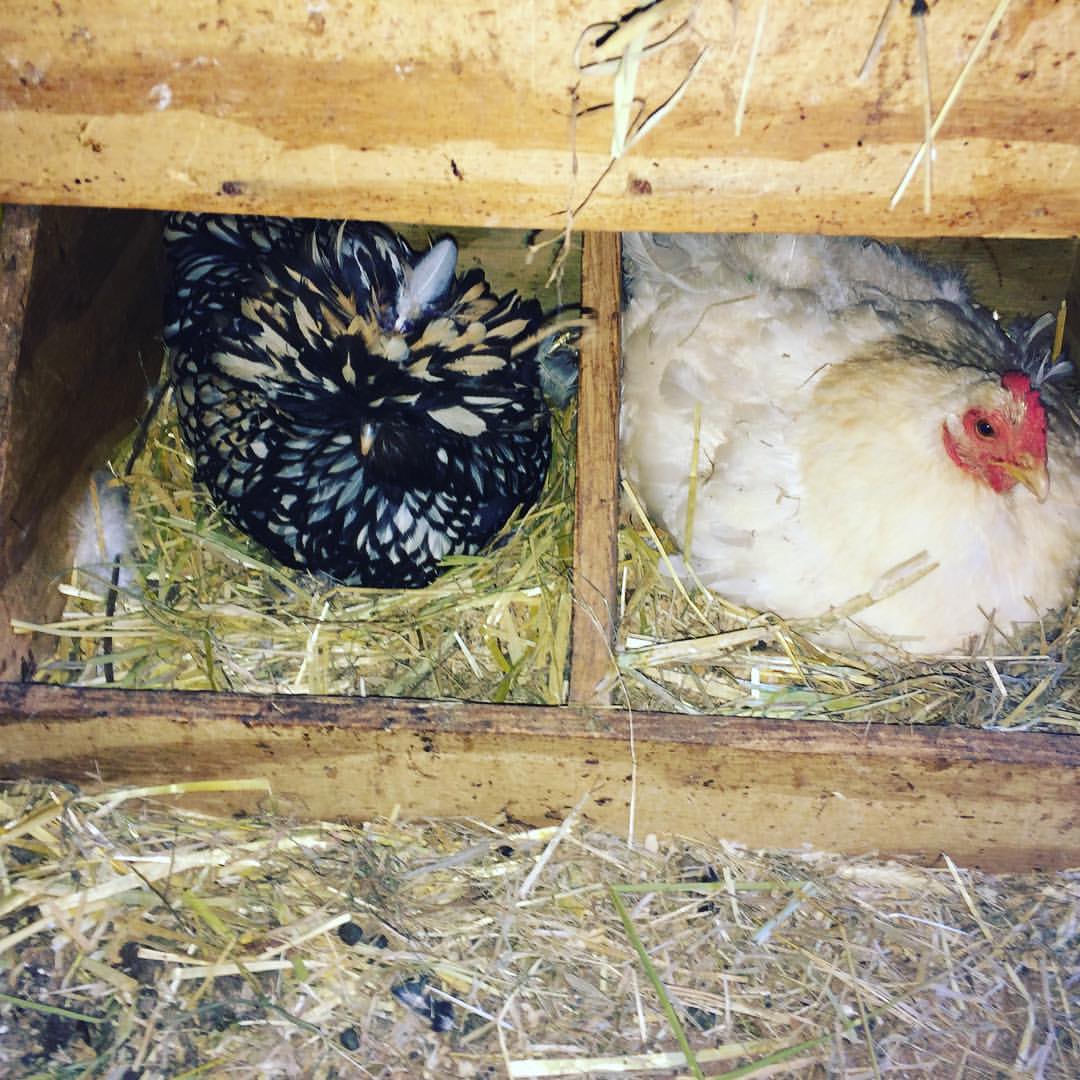 snippet: “Finishing and publishing a book is 20% talent and 80% discipline”. Do you agree? What is it that we all need to know about that double-edged sword called “discipline”?
snippet: “Finishing and publishing a book is 20% talent and 80% discipline”. Do you agree? What is it that we all need to know about that double-edged sword called “discipline”?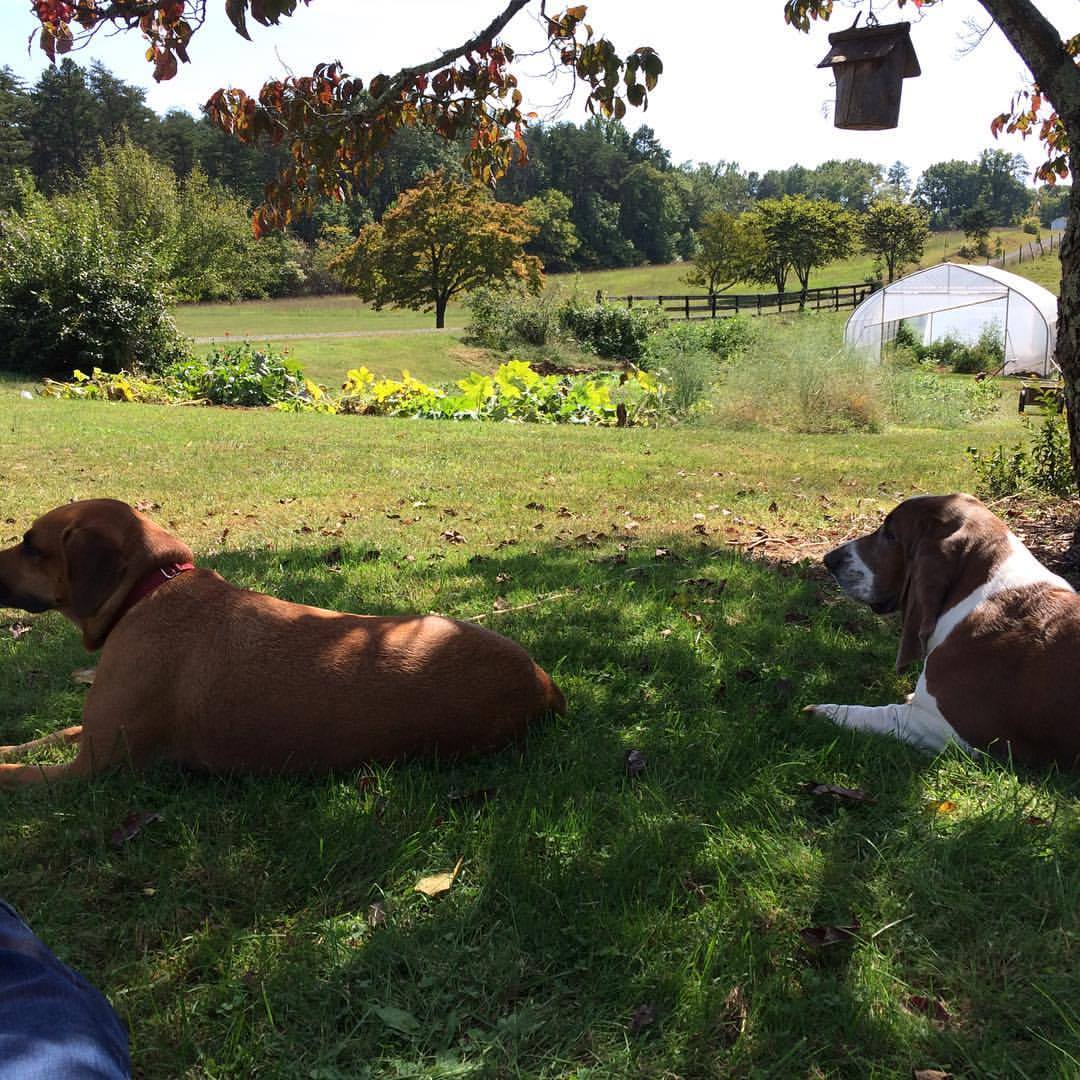 What myths about being a writer (and the writing life) would you like to bust?
What myths about being a writer (and the writing life) would you like to bust?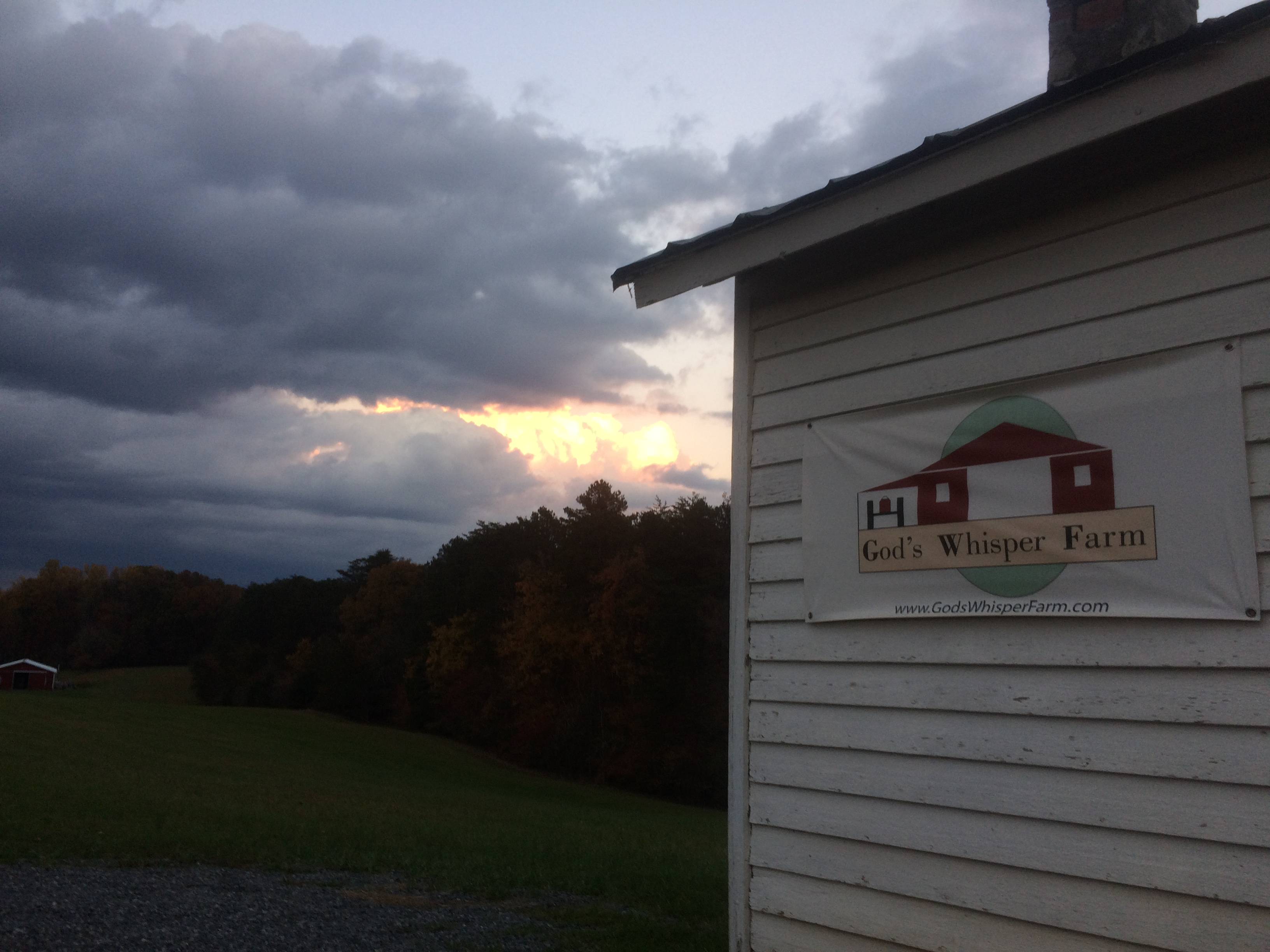
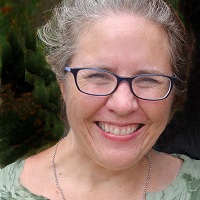 Andi Cumbo-Floyd is a writer, editor, and farmer, who lives on 15 blissful acres at the edge of the Blue Ridge Mountains with her husband, 6 goats, 4 dogs, 4 cats, and 22 chickens. Her books include Steele Secrets, Charlotte and the Twelve, The Slaves Have Names, and Writing Day In and Day Out. Her new book,
Andi Cumbo-Floyd is a writer, editor, and farmer, who lives on 15 blissful acres at the edge of the Blue Ridge Mountains with her husband, 6 goats, 4 dogs, 4 cats, and 22 chickens. Her books include Steele Secrets, Charlotte and the Twelve, The Slaves Have Names, and Writing Day In and Day Out. Her new book,  At the moment I am in Vermont, so we would meet at Café Gatto Nero and I would enjoy a Mocha, perhaps iced.
At the moment I am in Vermont, so we would meet at Café Gatto Nero and I would enjoy a Mocha, perhaps iced.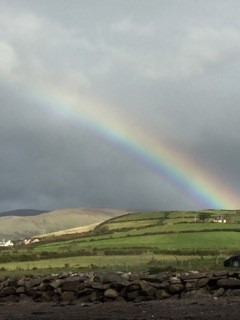 Ireland. What led to that decision?
Ireland. What led to that decision?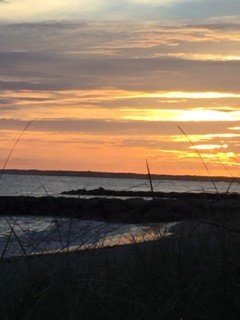 rather I offer intuitive healing to include Reiki, guidance or medium readings, which allows for writing to be my primary focus.
rather I offer intuitive healing to include Reiki, guidance or medium readings, which allows for writing to be my primary focus. that’s first no matter where I am.
that’s first no matter where I am.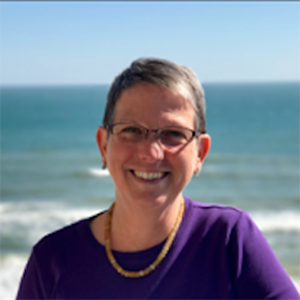 Mary
Mary and/or snack were we to meet?
and/or snack were we to meet? Since Willa and Edith did a great deal of traveling, the possibilities for additional mysteries in the series are many.
Since Willa and Edith did a great deal of traveling, the possibilities for additional mysteries in the series are many. to invent?
to invent? meetings.
meetings. “What if ” take care of my own creation.
“What if ” take care of my own creation. into my other world and write.
into my other world and write. Sue
Sue
